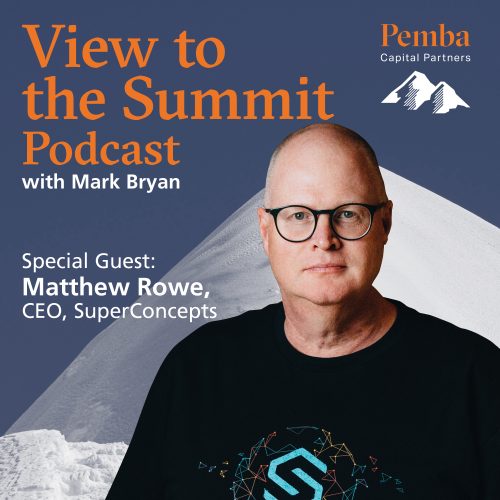Turning base metals into gold
Just as an alchemist seeks to turn base metals into gold, we as investors aim to transform good companies into market-leading businesses.
How does private equity create value?
In my opinion, there are three distinct stages where private equity creates value to an investment:
1) Selecting & structuring (buying well) – this process involves analysing industries, screening opportunities, valuing and structuring a transaction. Once a deal has been agreed by both buyer and seller, the process of detailed due diligence begins
2) Driving value (growing the business) – whether the strategy is organic growth, strategic acquisitions or turnaround, growing the underlying earnings of the business is the universal aim of private equity investors. Determining the strategic plan, setting the key growth initiatives and getting the right management team in place are key to delivering earnings growth
3) Exiting investments (selling for a premium valuation) – the sale of the business is usually the key liquidity event for private equity investors. Getting this right is therefore extremely important. PE will perform lots of analysis determining the likely buyer universe for their investee businesses, the prices paid for comparable companies and the exit strategy they will utilise to maximise value.
Alchemists were considered both scientists and wizards. Similarly, there are elements of both science and art to the process of private equity investing.
The science
Successful growth investors will often utilise highly analytical tools and methodologies across the three key valuation creation stages to forensically examine historical data. The outputs of which are run through complex financial models used to forecast a potential investment’s expected returns.
Whilst there is a science to each of the three key stages to successful growth investing, this is just half of the story…
The art
As Warren Buffett said: “If past history was all that is needed to play the game of money, the richest people would be librarians.”
Experienced private equity investors know that there is also an element of art that needs to be applied when making investment decisions. Understanding the psychology, which involves emotions, expectations, attitudes, habit and motivations, is key to success.
Good growth investors realise the “human” element is even more important that the financials. Money is often not the sole motivating factor for business owners. Some are more focused on succession and leaving a long and lasting legacy. Many want to ensure the people (often family members) that they have employed, developed and mentored in the business will be well looked after.
Building relationships with business leaders and owners, listening and truly understanding their objectives to create genuine “win : win” partnerships really is the essence of successful growth investing.
What next?
If you are an SME owner looking for assistance to turn your business into gold, then please email me at info@pemba.com.au to find out how I might be able to help.
Photo by Artem Maltsev on Unsplash




